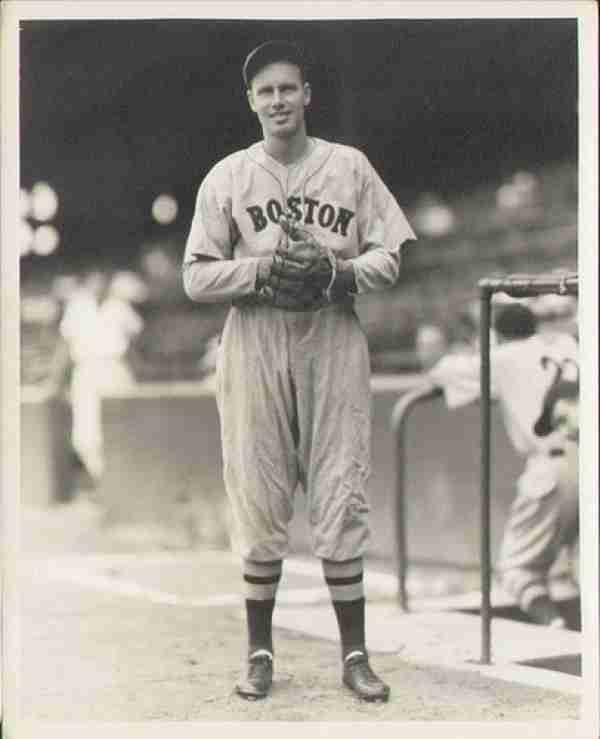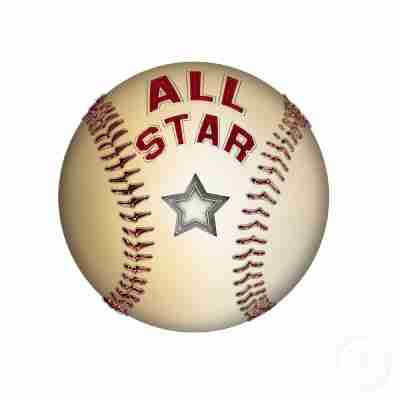Wes Ferrell’s first four years as a regular in the Indians rotation saw him win twenty games. He would do so again on two more occasions utilizing a brilliant fastball and other assortment of pitches. He was one of the only pitchers to retire with a winning percentage over .600 and he did so as an innings-eating starter. Ferrell also may be one of the games greatest hitting pitchers as he has decent power numbers and a lifetime .280 average.
His numbers began to sharply decline as his arm gave and he was not able to make career numbers that would have ensured him a Cooperstown plaque. If he had similar metircs in the last thirty years, he would likely not have to fight for that spot in Cooperstown







Comments powered by CComment